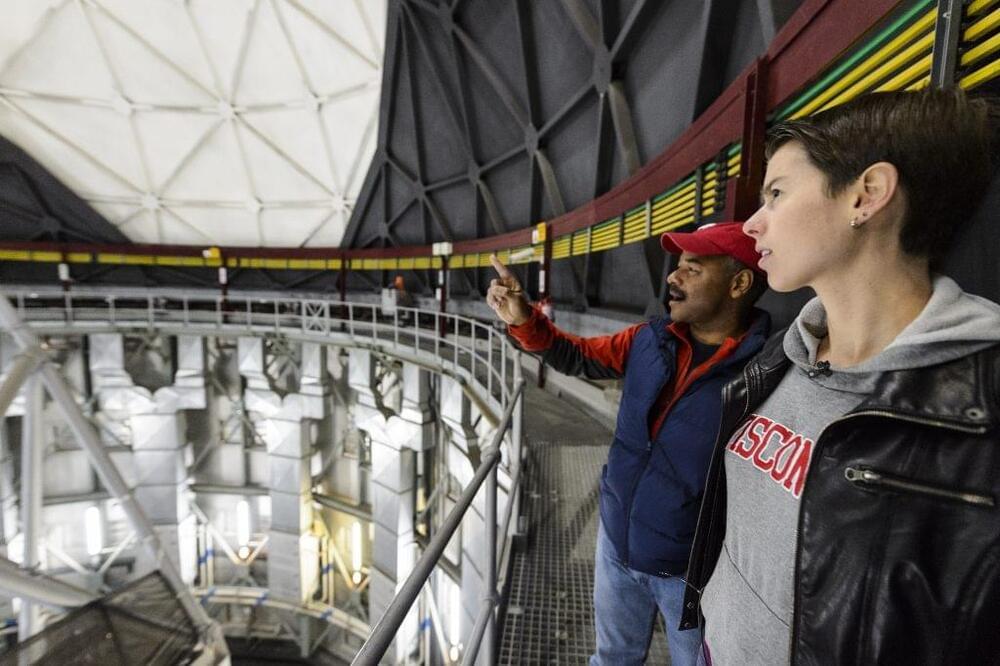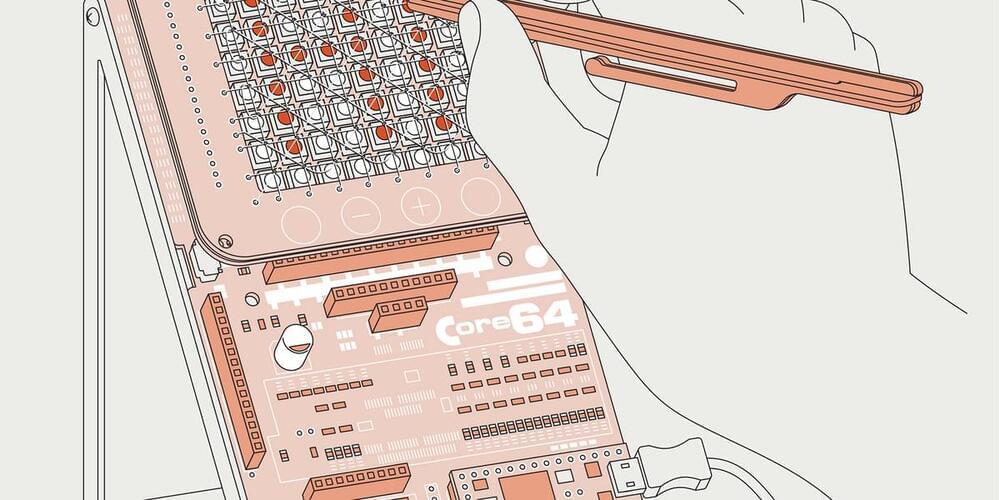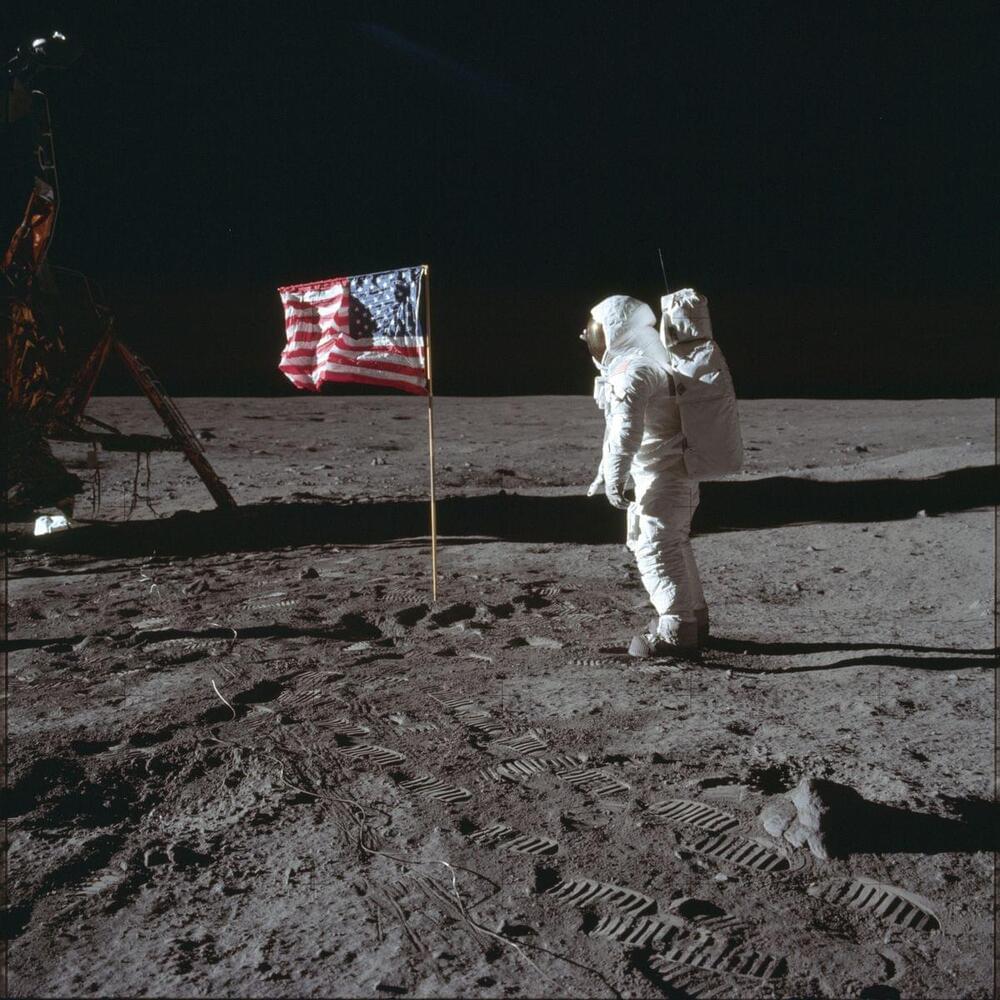Circa 2015
New software being developed at MIT is proving able to autonomously repair software bugs by borrowing from other programs and across different programming languages, without requiring access to the source code. This could save developers thousands of hours of programming time and lead to much more stable software.
Bugs are the bane of the software developer’s life. The changes that must be made to fix them are often trivial, typically involving changing only a few lines of code, but the process of identifying exactly which lines need to be fixed can be a very time-consuming and often very frustrating process, particularly in larger projects.
But now, new software from MIT could take care of this, and more. The system, dubbed CodePhage, can fix bugs which have to do with variable checks, and could soon be expanded to fix many more types of mistakes. Remarkably, according to MIT researcher Stelios Sidiroglou-Douskos, the software can do this kind of dynamic code translation and transplant (dubbed “horizontal code transplant,” from the analogous process in genetics) without needing access to the source code and across different programming languages, by analyzing the executable file directly.








